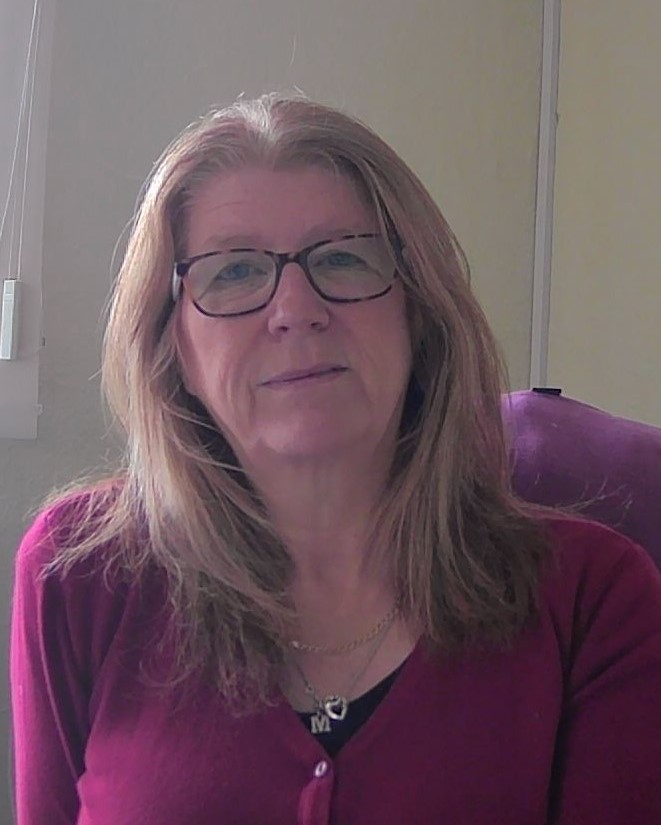When it comes to family lawyers, their primary objective is to achieve the most favourable outcome for clients during financial remedy proceedings. However, there’s a crucial question that often goes unaddressed in client conversations – one that can have significant financial consequences. What about the Child Maintenance Service (CMS)?
The CMS allows individuals to apply for child maintenance whenever a child does not live in the same household as one or both parents. Upon receiving an application, the CMS intervenes to calculate and oversee child maintenance payments. Subsequently, the courts relinquish their authority to issue orders for periodic child maintenance. CMS continues to hold authority unless both parties reach an agreement, and a consent order is established.
When lawyers engage in conversation with their clients, discussing the CMS is vital. Not only does this help to clarify if any existing application is relevant and how it might affect final orders, but it also ensures that clients are fully informed about the risks associated with CMS in the future.
It is important to recognise that the CMS does not automatically close when court orders are signed. The liability remains until the applicant actively closes the application, thereby removing the authority for the Secretary of State to act on their behalf. If this is not managed correctly, paying parents remain vulnerable to charges through both the court system and the CMS.
A Real-Life Scenario
Recently, we assisted a paying parent who found themselves facing a staggering £20,000 CMS debt due to this very situation. Despite both parties having legal representation, neither lawyer asked about the existence of a CMS case, nor discussed the implications of this when finalising orders. The court was not made aware of the CMS application, and the order for child maintenance was granted. The paying parent dutifully adhered to the court order —unaware that their liability with the CMS was accumulating arrears.
Had the court been notified of the CMS claim, any monies paid under the order could have been offset against the CMS charges. Since neither party’s representative made the court aware of the CMS arrangements, the CMS debt remains outstanding.
The ‘12 month’ rule
Financial court orders offer a short-term guarantee for periodical payments for child maintenance. After 12 months have passed, either party can apply to CMS for a reassessment of child maintenance. At that point, the child maintenance clause in the court order becomes null and void. This provision ensures parents have the right to seek CMS assistance when needed.
When parents’ circumstances change, applying to the CMS without incurring any costs, can be a helpful opportunity. However, lawyers should understand that it also serves as an accessible exit route for those entangled in costly settlements. It is not uncommon for maintenance awards initially set at thousands of pounds to decrease significantly, sometimes to just a few hundred pounds per month.
Importantly, Section 9 (4) Child Support Act prevents any order clause from prohibiting an application to CMS. After 12 months have passed – the security of the court order no longer exists.
Seek Expert Guidance
CMS may not be an immediate concern when lawyers receive instructions from their clients, but it remains a crucial topic for discussion. Seeking tailored advice helps to avoid unpleasant surprises in the future.
NACSA offers valuable expert advice and assistance to lawyers and their clients. If you have any CMS questions please visit our website nacsa.co.uk or email admin@nacsa.co.uk
Remember, awareness and proactive steps can make all the difference in protecting your client’s financial interests.
 Michelle Counley
Michelle Counley